Sensitive content
This site contains sensitive content that includes references to sexual violence.
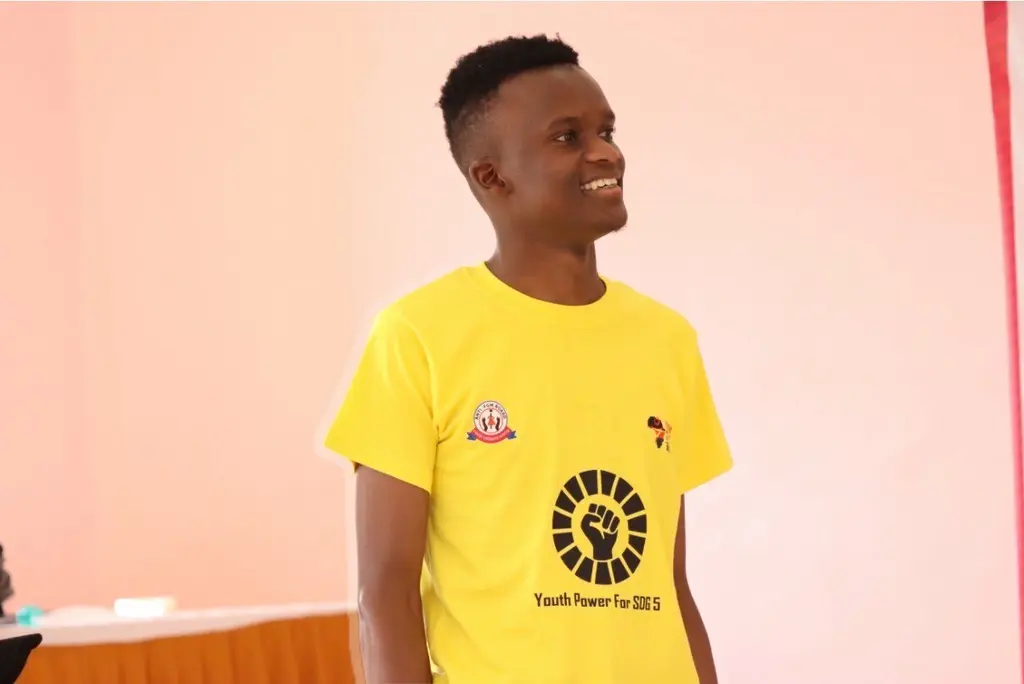
"For years, I followed the expectations of my community, obeying traditions and norms without question. I obeyed the unspoken rule of silence. But at some point, obedience was no longer acceptable. I chose to question, to challenge, and to act. That choice became the foundation of my work as a youth advocate."
In "Educated" by Tara Westover, she writes, “My father believed that the world was made up of two kinds of people: those who obey and those who rebel. My life had been ruled by obedience for as long as I could remember.”
Those words resonate deeply with me.
Being raised by a community of strong women, my grandmother, my mother, and the women who surrounded us, shaped my understanding of resilience and courage. I watched them challenge systemic barriers to educate and protect me and my sisters. It became clear that even in a patriarchal system, no one is truly safe if the community meant to support them is at odds with the realities of young people. Having experienced violence as a child, I know this truth intimately. Surviving those experiences was not just about endurance, it was about learning to navigate, resist, and survive a system that often fails children.
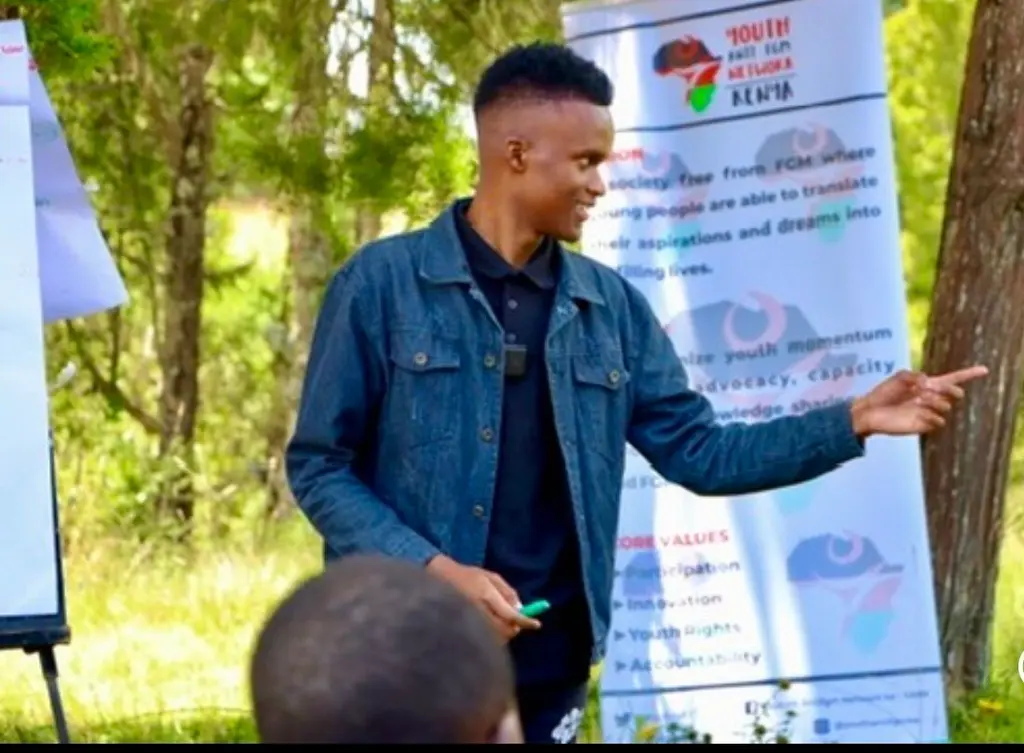
Harmful practices, including FGM, child marriage, and other forms of violence against children, strip young people of dignity, safety, and opportunity. As Chimamanda Ngozi Adichie reminds us, “Culture does not make people. People make culture. If it is true that the full humanity of women is not our culture, then we can and must make it our culture.”
Practices that are human-made can be dismantled, and my lived experiences instilled in me the determination to fight for children’s rights and safety.
My work at the Youth Anti-FGM Network Kenya, a renowned movement of young people, is driven by a mission to galvanize youth momentum through advocacy, knowledge sharing, capacity strengthening, and innovation for social change. This movement ensures that youth engagement is not confined to grassroots gatherings, it resonates with national, regional, and global platforms.
Africa has long understood the power of collective voice. The Organization of African Unity was born in 1963 out of a burning desire for independence across the continent. Yet it was only in the 1980s, with instruments like the African Charter on Human and Peoples’ Rights and the African Charter on the Rights and Welfare of the Child, that the continent began actively centering human rights in its work.
Today, Africa is increasingly at the forefront of digital transformation and governance, as exemplified by the AU’s Online Safety Model Law, which demonstrates that the continent is shaping human rights protections for the digital era rather than merely reacting.
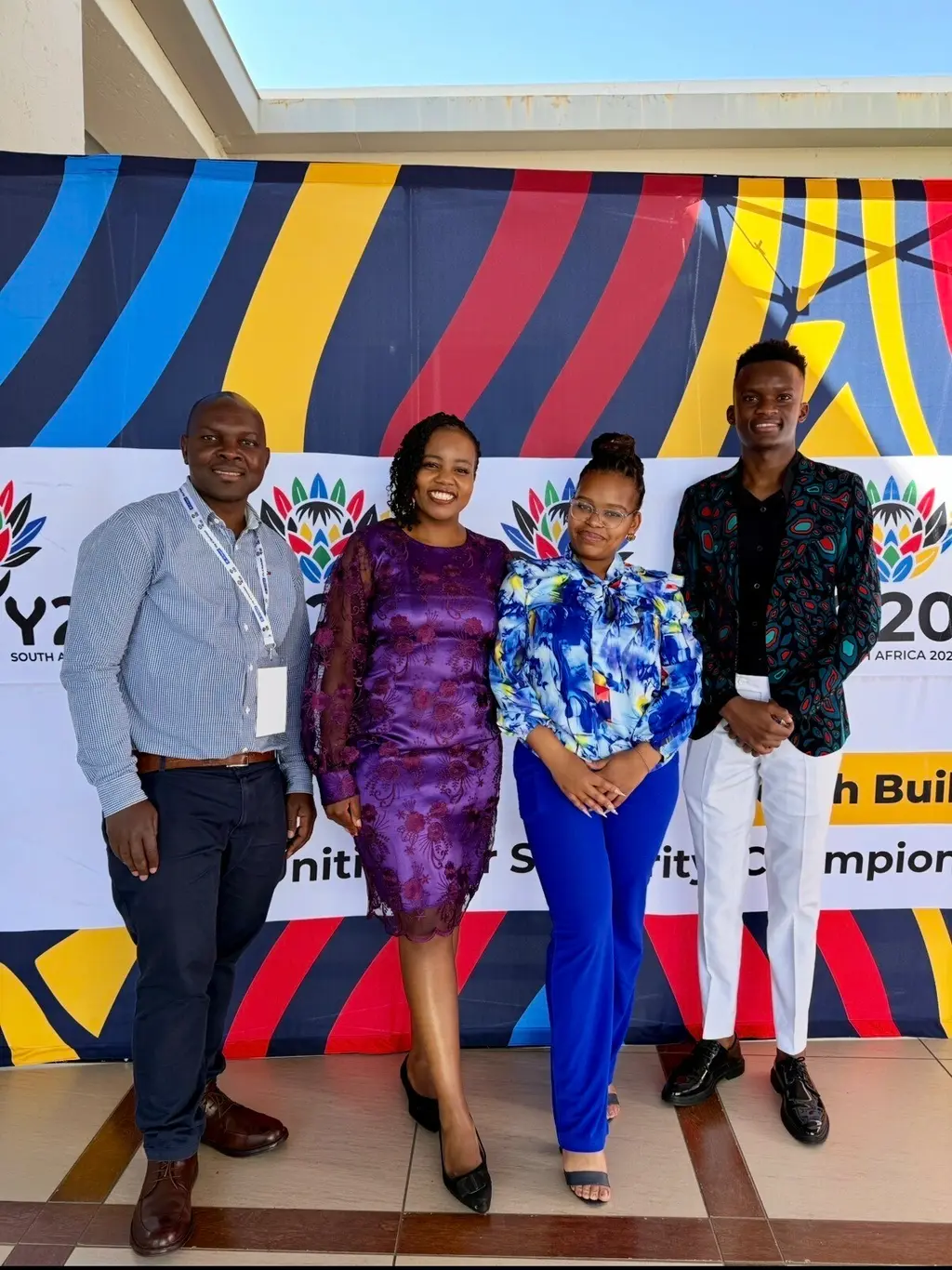
My own turning point came when I stepped into global spaces such as the Y20 Summit in South Africa.
Too often, Africa is reduced to a single story of despair and fragility. As Adichie cautions, “The single story creates stereotypes, and the problem with stereotypes is not that they are untrue, but that they are incomplete.”
At Y20, I carried the fuller story of my continent, of resilience, leadership, and youth determination to shape our own futures. In the city of Ekurhuleni, I met a young African woman coder whose work exemplifies how the next generation is claiming their space in technology, AI, and innovation. A side event on digital safety sparked deep reflection on protecting children online while using technology to advance rights and inclusion. Beyond the sessions, the summit offered incredible opportunities to network, learn, and exchange ideas with young leaders from around the world.
This work matters in my context because violence against children is not only cultural, it is a systemic barrier to development, equality, and justice. All forms of violence strip children of their dignity and futures. Confronting them is not an act of charity, it is an act of justice, a demand that every child be free to grow, learn, and thrive without fear.
My advocacy helps young people who deserve to be recognized as decision-makers, not tokens, and to pursue their ambitions without shrinking.
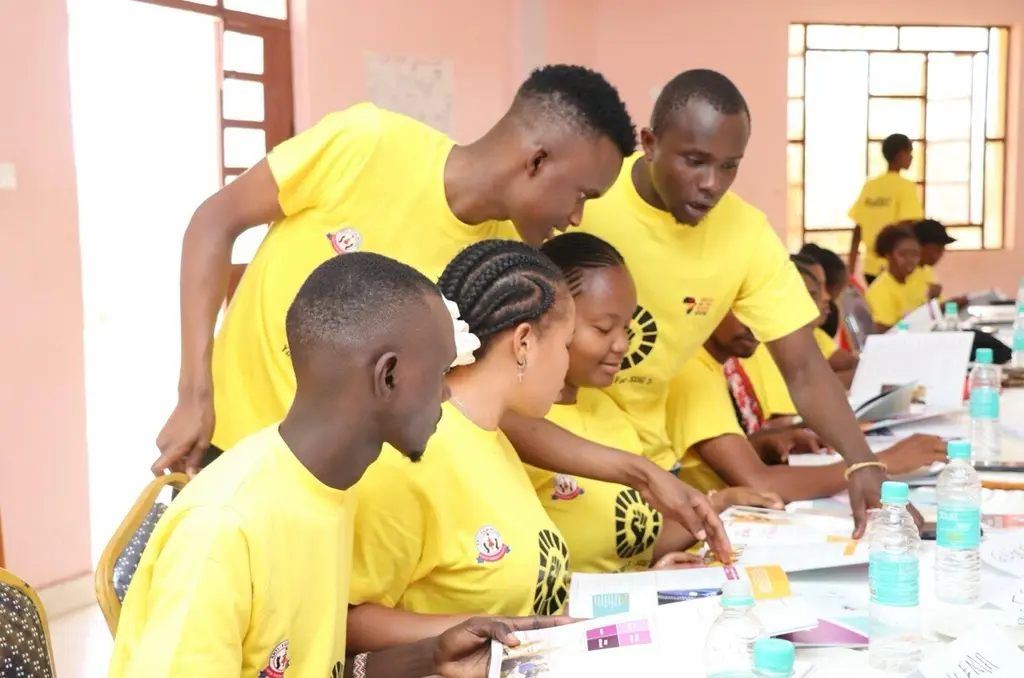
Impact comes in two layers. The first is immediate, shaping narratives at the grassroots, co-leading survivor-centered campaigns, and building networks that give young people agency. The second is systemic, pushing language, policies, and commitments into spaces like the African Union, the G20, or our own Parliament in Kenya.
"Influence is measured not by applause, but by whether agendas and lives are changed"
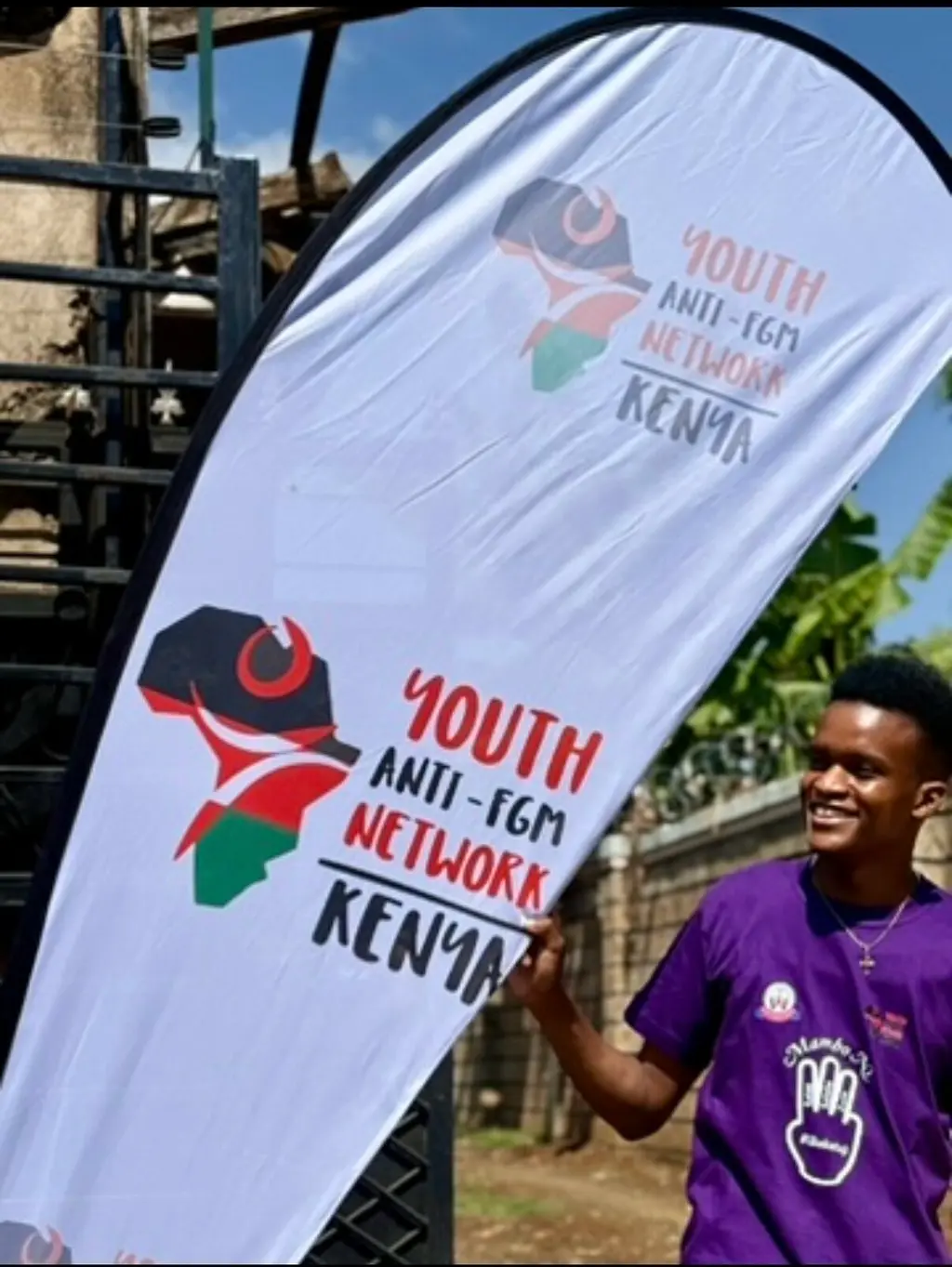
My proudest achievement has been participating in the Y20 Summit, where 20 powerful nations controlling 85% of global GDP come together.
I almost felt intimidated, but I remembered my mentors, Kofi Annan, “You are never too young to lead, and never too old to learn,” and Barack Obama, who reminds us that change comes when ordinary people demand extraordinary results.
Those words guided me as I engaged in discussions on youth leadership, innovation, and digital safety, reflecting on how African youth can claim their rightful place in shaping the future.
The greatest lesson I have learned is that passion without strategy is just noise. As Audre Lorde said, “The master’s tools will never dismantle the master’s house.”
Youth advocacy must be more than speeches, it must dismantle structures, shift power, and build alternatives. I have learned to move from urgency to persistence, from slogans to substance, from visibility to influence.
I keep going because every time a youth leader is treated not as decoration but as a policymaker, we move closer to the world Nelson Mandela imagined when he said, “It always seems impossible until it is done.”
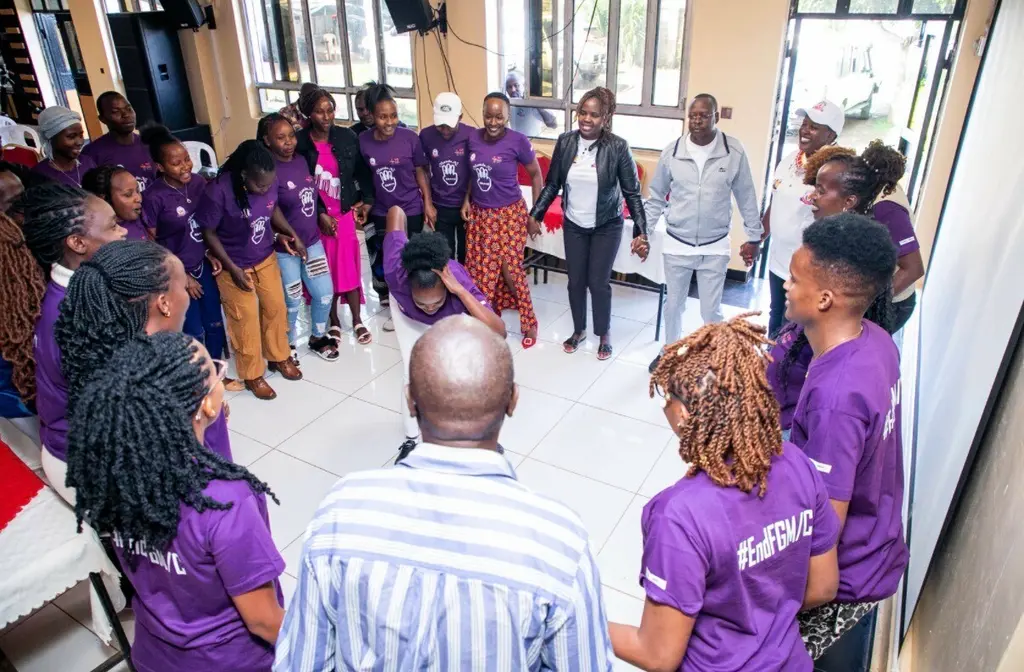
That impossible future, where human rights violations are relics of history and youth voices shape policy, is the one I am fighting for. And it is one we must all fight for together.
